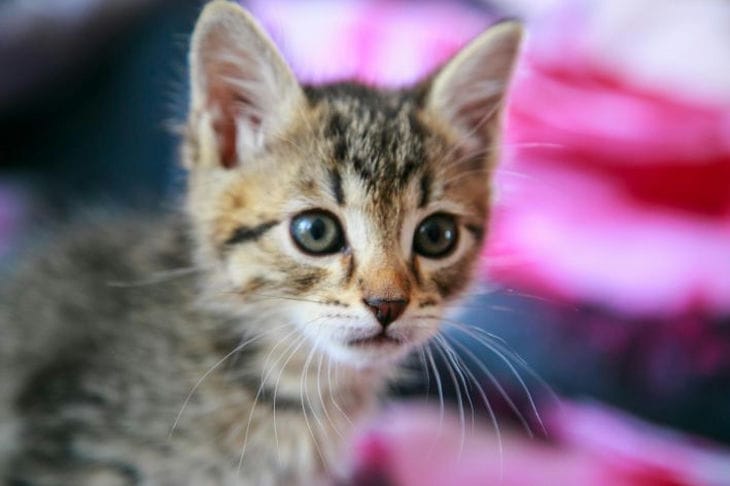In the world of pets, cats deservedly occupy a special place.
These graceful and independent creatures can become a source of endless joy and affection for their owners.
However, living next to a cat is not always harmonious, especially when a newcomer appears in the house, be it another pet or a family member.

Cats are known to exhibit aggression or unfriendly behavior towards new people, which can be a challenge for their owners.
Why a cat might feel hostility towards a newcomer
Initially, it is important to understand that cats are territorial animals with a sensitive sense of smell. They establish their territory and may react with aggression to what they perceive as an intrusion into their comfort zone.
The arrival of a new family member, another pet, or even new furniture can cause stress and discontent in a cat.
However, it is important to remember that every cat is an individual and the reasons for their aversion may vary. Here are some common factors.
Changing the routine
Cats are creatures of habit, and even the slightest change in their daily routine can cause stress. The arrival of a newcomer can disrupt the usual routine, which can cause a negative reaction.
Territorial instinct
Cats can become very attached to their space, and the arrival of a new person or pet may be perceived as a threat to their territory.
Socialization
Some cats may be less socialized, especially if they were raised in isolation or had negative experiences in the past. This may make them more likely to be aggressive toward a newcomer.
Resource conflict
Cats may fight for access to food, water, shelter, and litter boxes. The arrival of a newcomer can create competition for these resources, which can cause tension.
Steps to Creating Harmony
Gradual acquaintance
Don't expect your cat to like the newcomer right away. Give it time to adjust to the new environment. Start with gradual introductions, allowing your cat to get to know the newcomer's scents before they meet.
Use positive associations
Help your cat associate the new arrival with something pleasant. Reinforce her with treats and positive attention when the newcomer is nearby.
Create a private space: Provide each pet with their own space where they can hide or rest in privacy. This will help reduce stress and conflict.
General games and entertainment
Playing games that involve both the newcomer and the cat can help to establish positive bonds. Stick toys, balls, and other activities can create positive emotions for both pets.
Gradual Neighborhood
If it's another pet, it's important to let them get used to each other gradually. Allow them to interact under your supervision and gradually increase the time they spend together.
Consultation with a veterinarian
If aggression or unfriendly behavior continues, it is worth contacting your veterinarian. They can help identify possible health issues that may be affecting your cat's behavior.
Earlier we talked about the correct training of four-legged friends – dogs.








